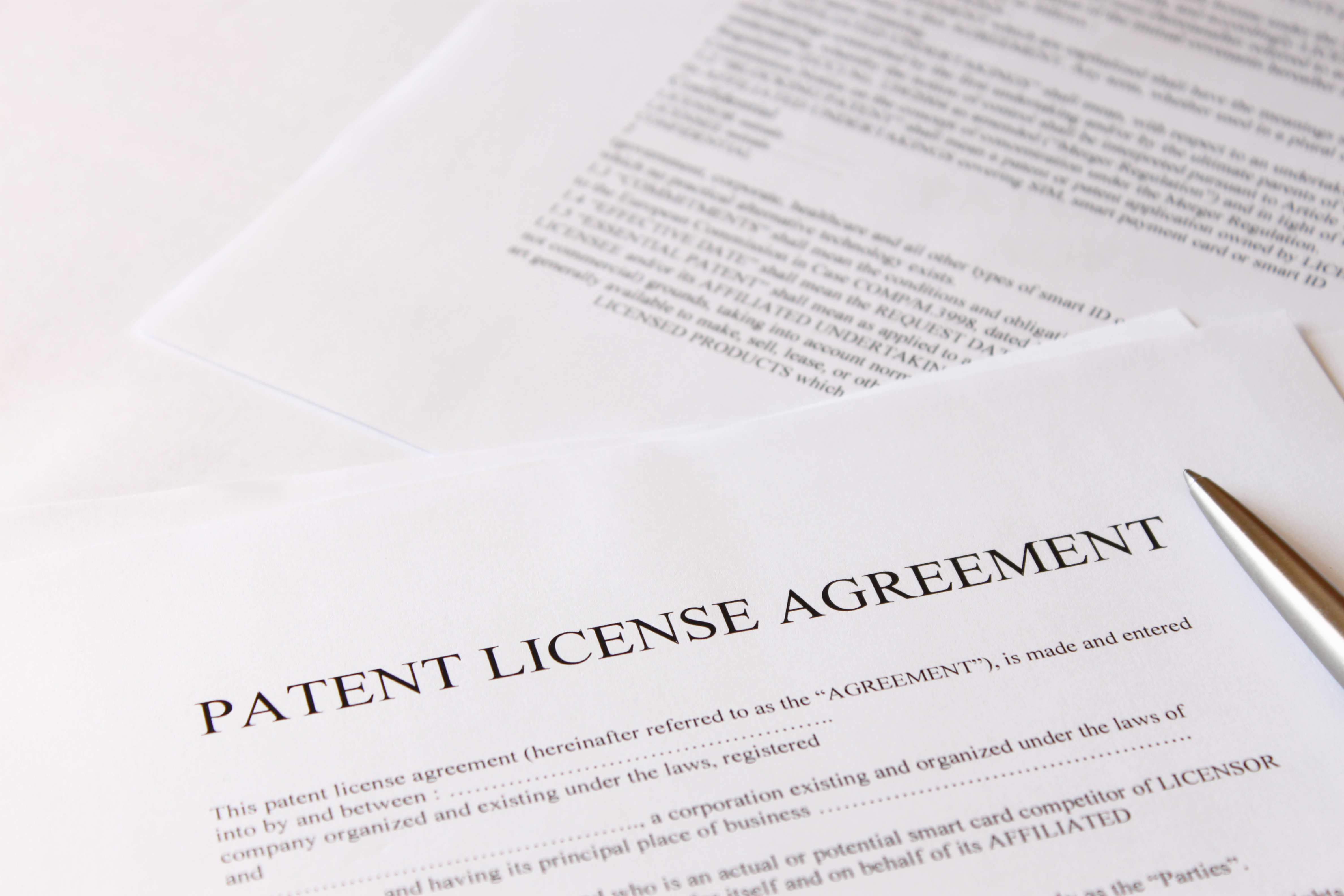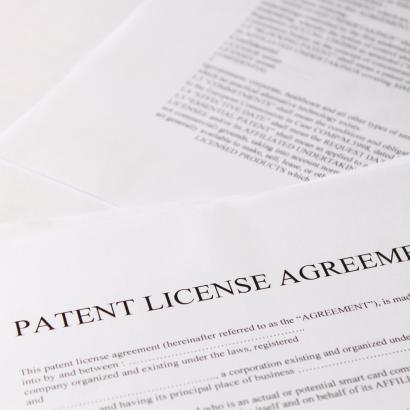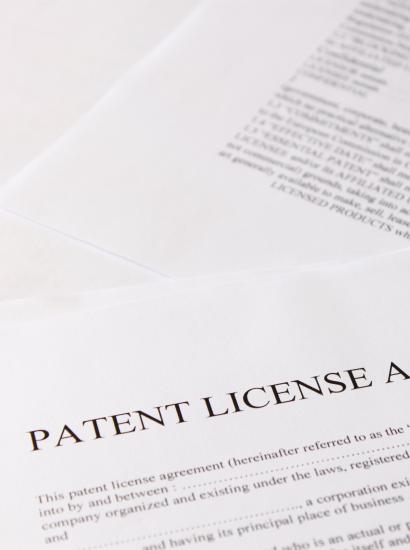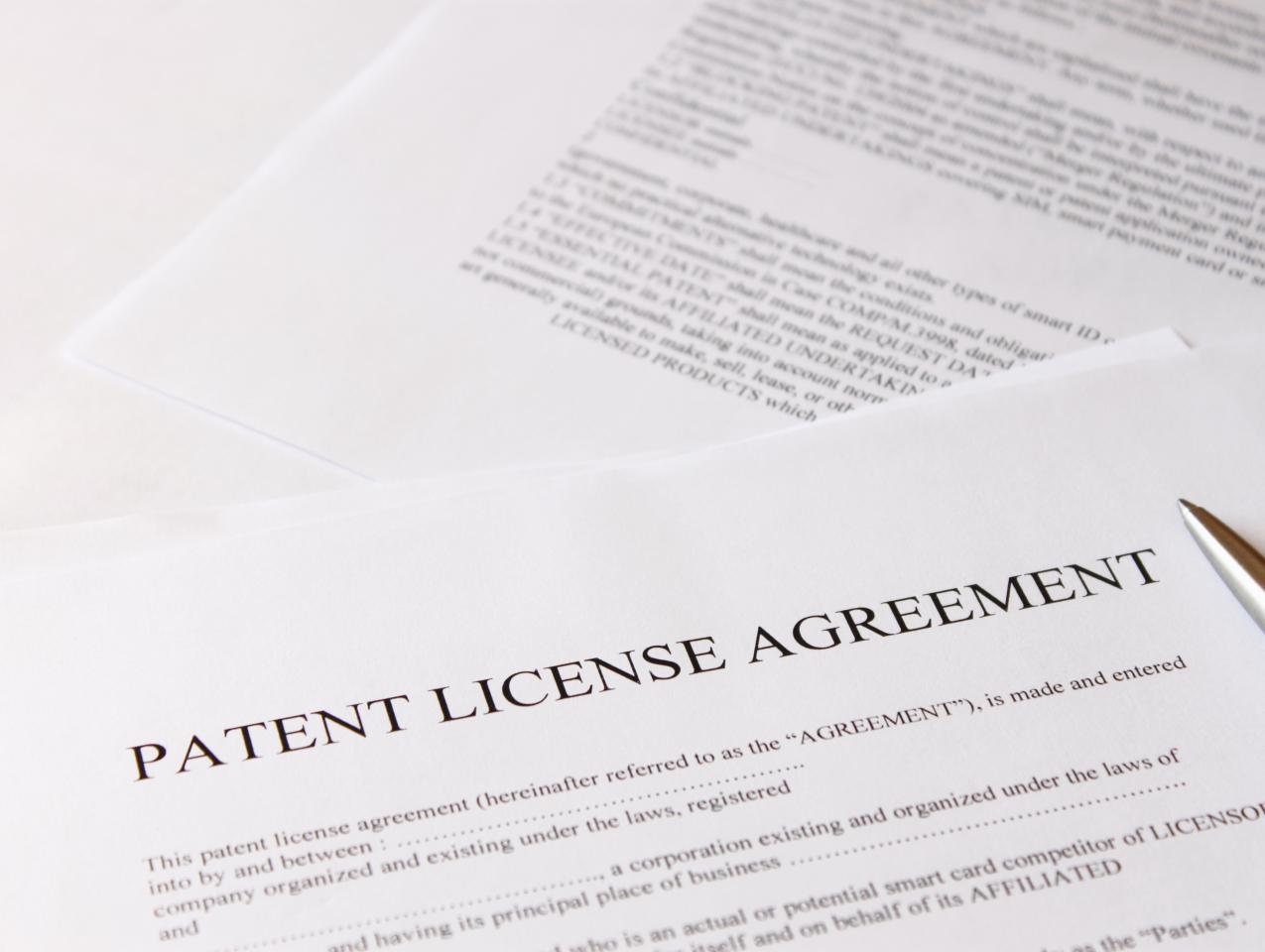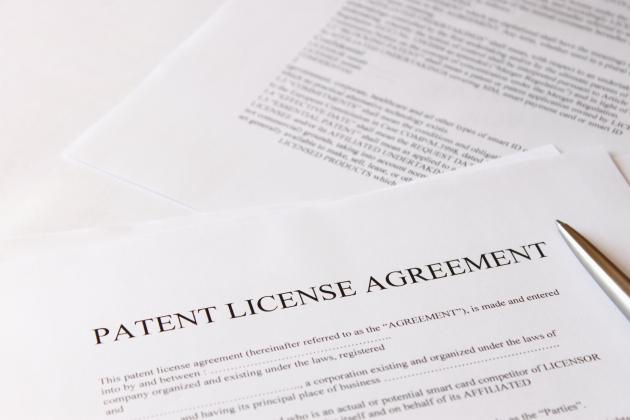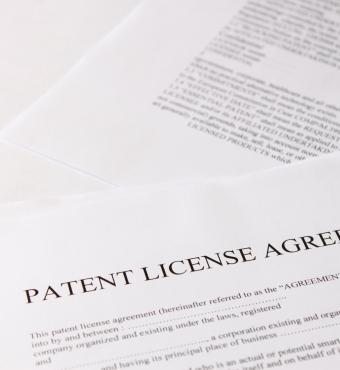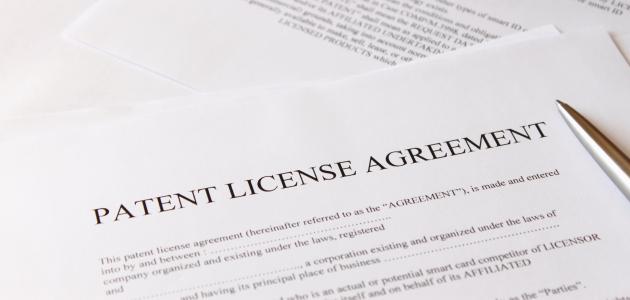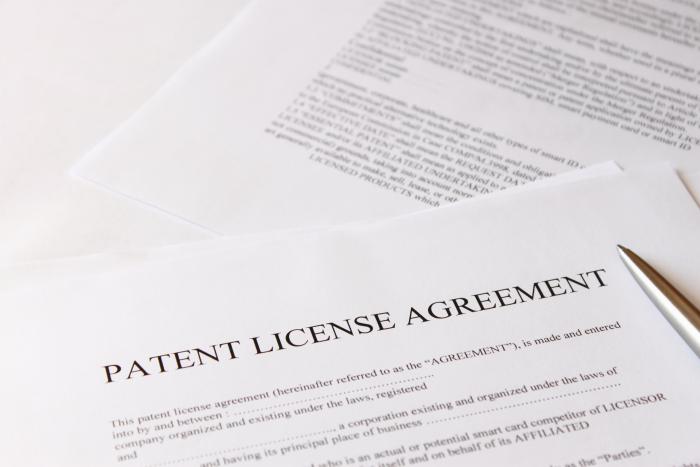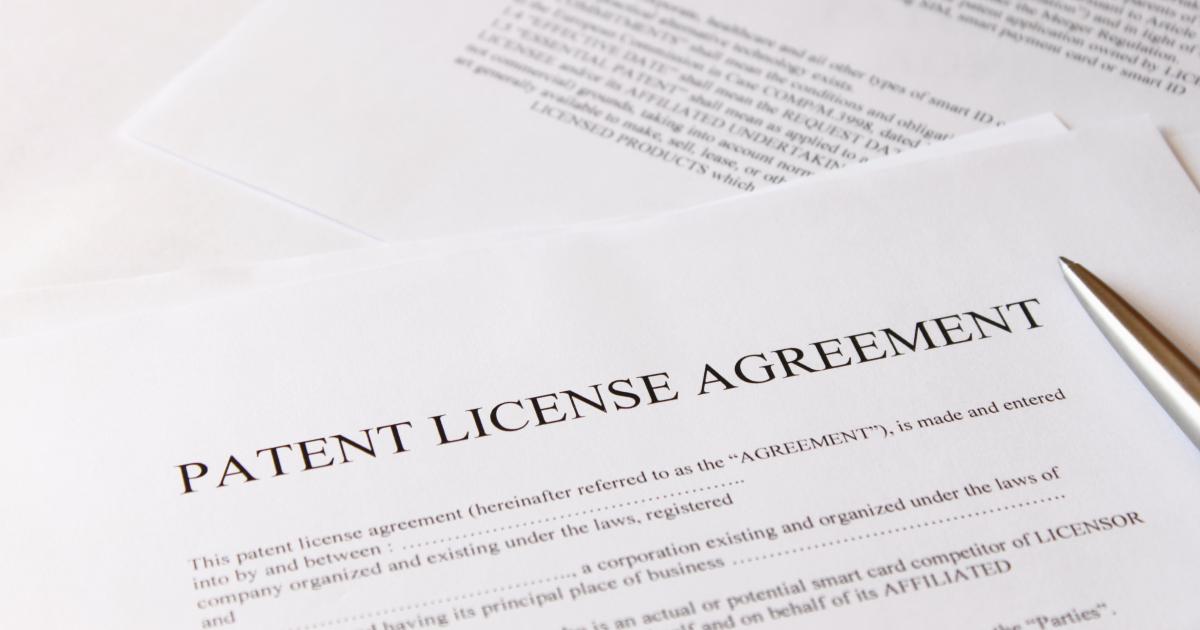- Energy & Environment
- Law & Policy
ABSTRACT:
Firms often collaborate to produce inter-operability standards so that independently designed products can work together. When this process takes place in a Standard Setting Organization (SSO), participants are typically required to disclose any intellectual property rights (IP) that would be infringed by a proposed standard, and asked for a commitment to license their essential IP on fair, reasonable and non-discriminatory terms. This paper describes the IP disclosure process, and provides an overview of a publicly available IP disclosure dataset that the authors have compiled using the archives of thirteen major SSOs. We use these new data to illustrate several major trends in standards development, and to show how “declared essential” patents differ from randomly matched patents from the same vintage and technology classes. Declared essential patents receive more citations and are much more likely to be litigated than a typical patent from the same technology class. However, these associations vary across SSOs, and are related to the terms of the licensing commitment.
Read the paper: Declared Essential Patents






